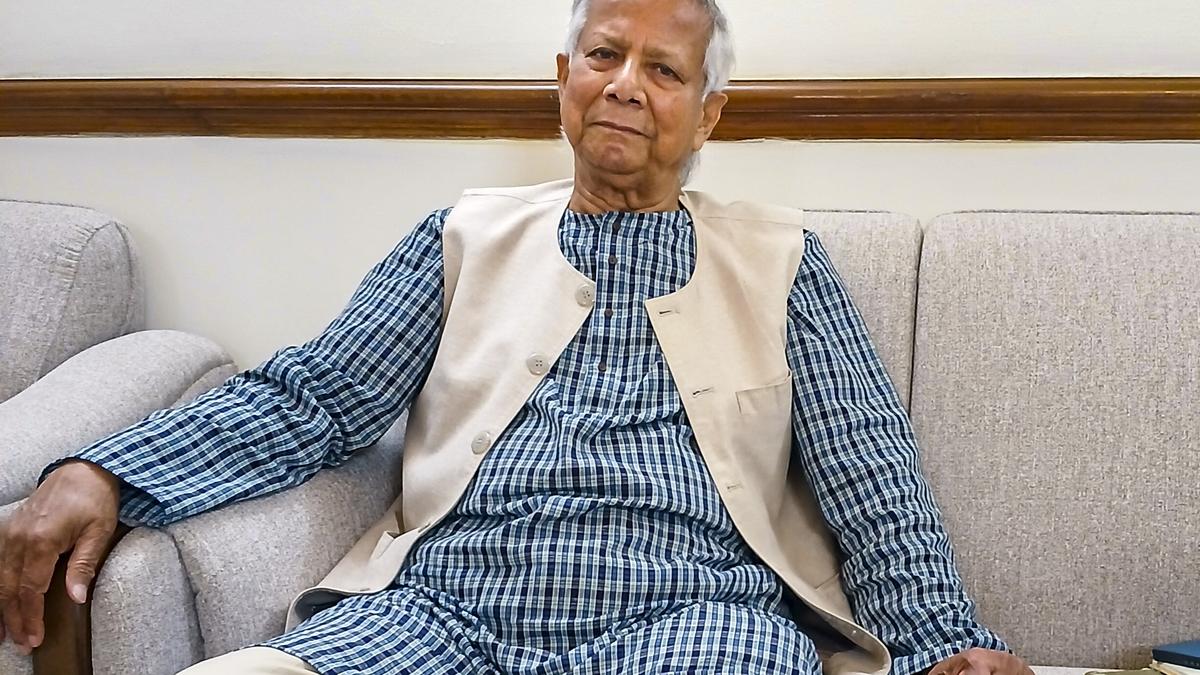Bangladesh’s national anthem is a symbol of national pride and identity, and there is no plan to change it, despite recent calls for a new anthem. This issue has sparked debate and underscores the importance of understanding the historical and cultural context surrounding the anthem.
A National Anthem for Bangladesh: A Symbol of Unity and Identity
Bangladesh’s national anthem, “Amar Sonar Bangla,” holds deep cultural significance for the country. Composed by Rabindranath Tagore, the anthem was originally intended to unite the two Bengals, East and West, before the 1947 partition. While its historical context precedes Bangladesh’s independence, the anthem’s lyrics resonate with the aspirations and struggles of the Bangladeshi people. The lyrics express a sense of unity, national pride, and a longing for freedom, all themes deeply relevant to the country’s journey towards independence.
A Symbol of Shared History and Cultural Identity
The anthem’s adoption as the national anthem of Bangladesh was a deliberate choice, reflecting a shared history and cultural identity with the Bengali people across the border. It transcends the political divide created by partition and symbolizes the shared heritage and aspirations of Bengalis. The anthem continues to evoke emotions of unity and shared cultural roots for people from both sides of the border.
Debates and Discussions Surrounding the Anthem
While the national anthem remains deeply ingrained in the fabric of Bangladeshi culture, there have been voices advocating for a change. Abdullahil Amaan Azmi, son of former Ameer of Bangladesh Jamaat-e-Islami Ghulam Azam, argues that the anthem’s connection to the pre-partition era renders it inappropriate for an independent Bangladesh. His argument focuses on the anthem’s historical roots and seeks to dissociate Bangladesh from its pre-independence past.
Perspectives on the Anthem’s Relevance
This viewpoint highlights a tension between historical legacy and contemporary national identity. Some see the anthem’s pre-independence context as a historical relic, arguing that it does not represent the independent Bangladesh of today. Conversely, many see the anthem as a unifying force that transcends the political boundaries imposed by partition, representing a shared history and culture. The anthem’s continued relevance is embedded in its enduring power to evoke shared emotions and identity.
The Role of the Anthem in Shaping National Identity
National anthems play a significant role in shaping a nation’s identity, often representing ideals, aspirations, and shared experiences. The anthems can serve as powerful tools to promote national unity and inspire patriotic sentiment.
Impact on National Unity
Bangladesh’s national anthem, with its universal themes of freedom and unity, fosters a sense of shared identity amongst the Bangladeshi people. It has played a crucial role in solidifying national unity and fostering a shared sense of belonging.
The Importance of Dialogue and Respect for Cultural Values
The debate surrounding the national anthem highlights the importance of open dialogue and respecting diverse perspectives on national symbols. Open and respectful discussions are crucial to fostering understanding and addressing the complex issues surrounding national identity.
Addressing Cultural Sensitivities
While respecting diverse opinions, it is important to acknowledge the deep cultural and historical significance of the national anthem for the majority of the Bangladeshi people. The anthem represents a shared past, a journey toward freedom, and a collective aspiration for a brighter future.
The Government’s Stance: A Commitment to National Unity
The Bangladesh government has clearly stated that there is no plan to change the national anthem, signaling its commitment to preserving the anthem’s place in national identity. The government’s position emphasizes the anthem’s enduring significance in fostering national unity.
Looking Ahead: Preserving the Cultural Heritage
The debate surrounding the national anthem reflects the dynamic nature of identity and its connection to historical context. As Bangladesh continues to evolve, its national symbols will also undergo interpretations and reflections of changing societal views. The anthem will continue to play a crucial role in shaping and reinforcing national identity, reflecting a shared history, culture, and a collective journey towards a shared future.
Takeaway Points
- Bangladesh’s national anthem, “Amar Sonar Bangla,” holds deep cultural and historical significance for the country.
- The anthem is a symbol of national unity, cultural heritage, and a shared identity for the Bangladeshi people.
- The debate surrounding the national anthem underscores the importance of dialogue and respecting diverse perspectives on national symbols.
- The government’s stance on maintaining the current anthem reflects its commitment to preserving national unity and heritage.
- The national anthem will continue to evolve alongside the nation, reflecting the dynamic nature of identity and its connection to history.




